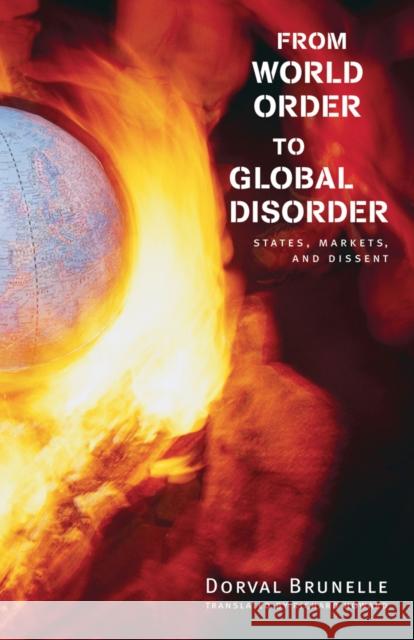From World Order to Global Disorder: States, Markets, and Dissent » książka
From World Order to Global Disorder: States, Markets, and Dissent
ISBN-13: 9780774813600 / Angielski / Twarda / 2007 / 224 str.
From World Order to Global Disorder: States, Markets, and Dissent
ISBN-13: 9780774813600 / Angielski / Twarda / 2007 / 224 str.
(netto: 405,81 VAT: 5%)
Najniższa cena z 30 dni: 420,89
ok. 30 dni roboczych.
Darmowa dostawa!
Anti-globalization activism world-wide attests to the tensions between globalization and civil society. To better understand this fraught relationship, Dorval Brunelle compares two social orders separated by a half-century. The post-World War II order entailed a broad vision uniting three complementary objectives - security, justice, and welfare - which were entrusted to a network of international and national institutions. In contrast, globalization, with wealth as its only objective, is undermining and overhauling the values and institutions of the previous order, including the United Nations and the welfare state.From World Order to Global Disorder demonstrates the profound effect of globalization on relations between the state, civil society, and markets, as well as on collective and individual rights. As neo-liberalism evolves into globalization, governments are eschewing their role as public guardians and are instead bartering the very assets and resources their citizens? labour and activism created and preserved. However, no constitution makes governments owners of collective assets: governments are merely trustees. In this context, the world's citizens have a tremendous task before them: in the wake of the welfare state, their social forums are indispensable in the quest for a more just and equitable world.











